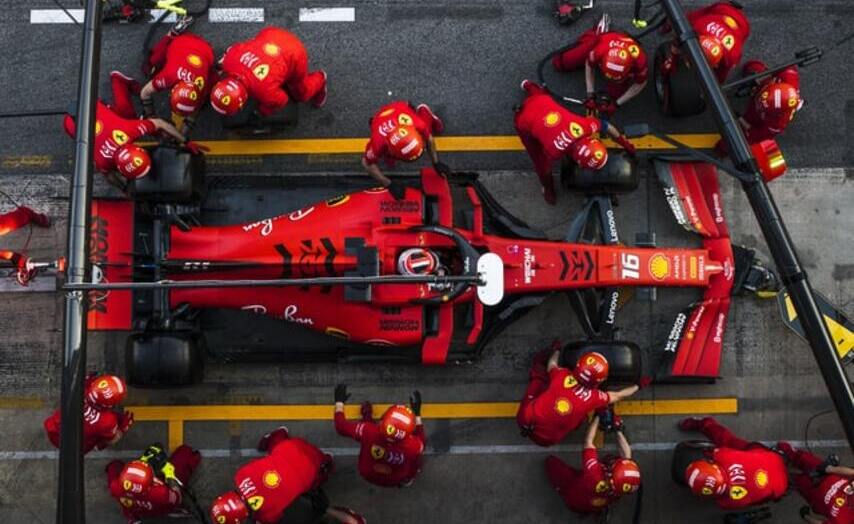
Lots of column inches earlier in the week were on the subject of Formula One, and in particular the this season’s all conquering Mercedes team and their two drivers, world champion Lewis Hamilton and his team mate (phrase used deliberately) Nico Rosberg.
One headline that caught our eye in The Times was by the excellent Matthew Syed (@matthewsyed) which stated that F1 is a “Culture where ‘standing still is tantamount to extinction’”. This neatly sums up an attitude we frequently see in consistently top performers.
Irrespective of how successful they already are they are looking for new ways to go further, faster, higher. If they are already number one they’re thinking about what they need to change or do more of to stay there, and if they’re not already performing as well as they would like they’re considering what they need to do differently to improve. There’s an undeniable logic that if you have a desire to improve, to get better, then you’ll need to do something differently, which means changing something. Some people in business have warped view that “people don’t like change” or “are creatures of habit”.
In the world of high performance it’s the other way round. People embrace change. They are constantly looking for innovations, large or small, that will move them forwards towards their goal(s). We believe the vast majority of people do want to learn and get better.
In Formula One we would see this desire to improve coming through in just about every aspect of their performance. They will be monitoring data and continually experimenting to see what could help them go quicker. Consider for a moment all the factors that impact how well you perform personally and in your team, on any given task, any given project or on any given day. There are some that you won’t have 100% control over but there will be many that you can influence directly and each one represents a potential area for performance improvement.
Performance improvement can come through process improvement but the chances are that if your business is going to remain or be even more successful then you and all your colleagues are going to need to improve your performances too. It’s very unlikely that you’re working in the same ways as you were ten years ago, five years ago, two years or even one and it’s just as likely that in a year’s time you’ll need to be working differently to how you are now.
If not you might not be quite extinct, but you might be heading that way. And to be not just surviving but actually thriving you might need to be even more different to how you are now. As with any change in actions and behaviour it stars with attitude, so working on a high performance attitude around improvement and change is a necessary start if you want to be as successful as you possibly can be.






